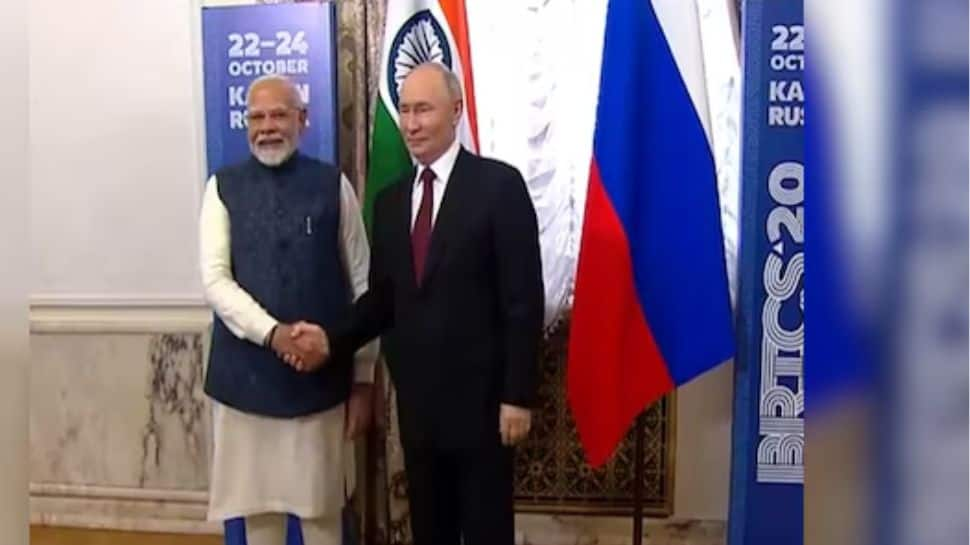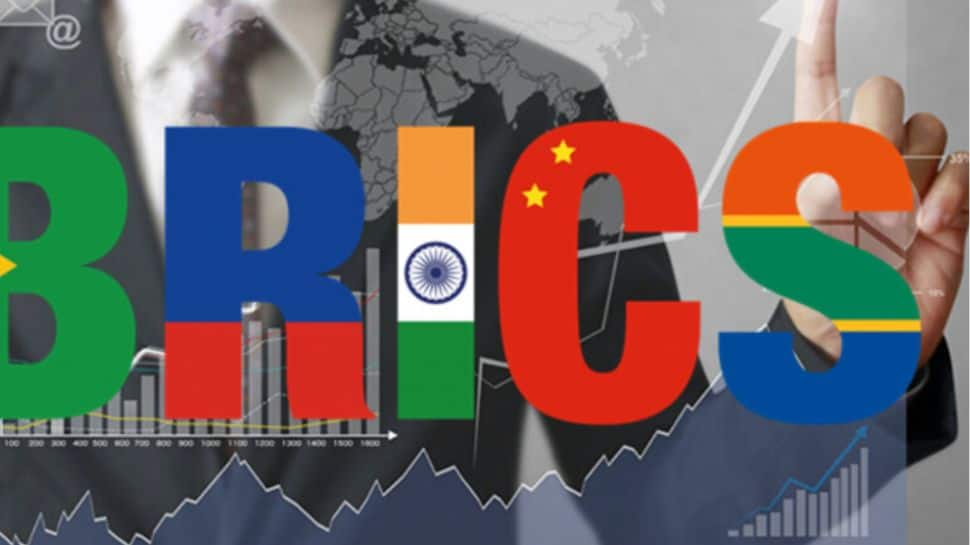BRICS 2024: These 4 Countries Have Joined This Year; Know All About Annual Summit
)
As of 2024, BRICS has expanded its membership to include new countries such as Iran, Egypt, Ethiopia, and the United Arab Emirates. Saudi Arabia's membership is still pending final confirmation. This marks a significant growth in the group's global presence.

Originally established in 2006, BRICS consists of five founding members: Brazil, Russia, India, China, and South Africa. These countries represent a major segment of the world's emerging economies and have been central to the organization’s mission of fostering cooperation in various fields.

BRICS holds yearly summits where leadership rotates among its member states. These meetings serve as key platforms for discussing global economic issues, political strategies, and potential joint initiatives, reinforcing collaboration among members.

Russia is serving as the BRICS chair for 2024, with President Vladimir Putin guiding the group’s agenda. The focus this year includes deepening economic cooperation, enhancing global influence, and strengthening cultural ties among member nations.

While adding new members expands BRICS' global influence, it also presents potential challenges in reaching consensus and ensuring efficient decision-making. Balancing diverse economic and political interests will be crucial for the organization’s future effectiveness.

BRICS collectively represents around 43% of the world’s population and nearly 30% of global GDP. The group’s primary objective is to strengthen the voice of emerging economies in international affairs and promote sustainable development initiatives across its diverse member states.

